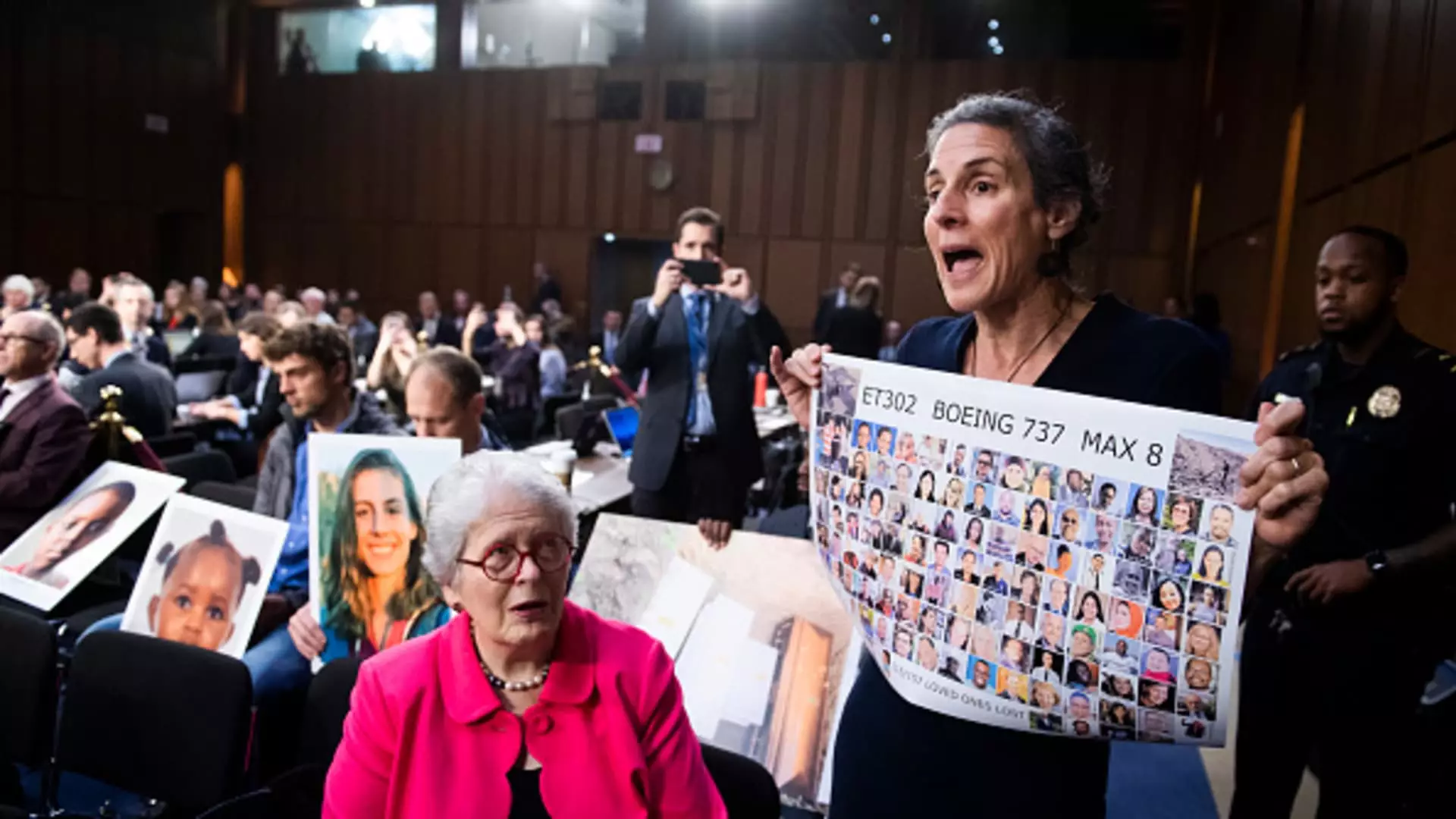The aerospace industry faces scrutiny as a federal judge dismisses Boeing’s plea deal in the wake of tragic accidents involving the 737 Max aircraft. U.S. District Judge Reed O’Connor’s ruling raises vital questions about corporate accountability and the ethical implications of a government allowing diversity considerations in overseeing Boeing’s compliance. This decision not only stirs the legal waters but also reflects the societal demands for justice in the aftermath of fatalities linked to corporate misconduct.
Boeing’s plea agreement was initially presented as a resolution to serious allegations that the company intentionally misled regulators regarding a flight-control system associated with catastrophic crashes in 2018 and 2019. The incidents resulted in the loss of 346 lives, casting a long shadow over Boeing’s reputation and operations. Judge O’Connor’s concerns incorporate a broader discussion about justice derived from public confidence in regulatory processes. His ruling emphasizes that the selection of a government-appointed monitor should be based solely on merit, rather than on factors like race or diversity. While championing the need for inclusivity in corporate America, there’s a delicate balance to be maintained. The judge advocates for a monitoring system that preserves objectivity and competency, crucial to genuinely protect consumers and restore public trust.
Family members of the crash victims have expressed frustration with the plea agreement, describing it as a “sweetheart deal” that mitigates Boeing’s accountability. Erin Applebaum, an attorney representing these families, articulated a collective sentiment that the government’s leniency shrouded their grief with anger. The expectation is not merely for punitive measures but for full accountability regarding the actions that led to these devastating crashes. Applebaum’s remarks capture an essential truth: individuals impacted by corporate failures deserve an active role in discussions surrounding accountability measures. The resonance of their voices prompts further scrutiny of judicial processes that reek of complacency, especially regarding large corporations with significant political clout.
The implications of the ruling extend beyond Boeing, initializing a conversation on how corporate misdemeanors are handled under U.S. laws. The possibility of renegotiating the plea deal suggests that the gridlock surrounding accountability is not just a legal technicality but also a reflection of public sentiment. Boeing’s initial intent to sidestep a trial may now be thwarted, instigating questions of corporate ethics alongside legal ramifications.
Despite the judge’s insistence that competency should be the cornerstone in appointing a monitor, the need for diversity, equity, and inclusion policies continues to garner support in various sectors. The challenge remains to develop a monitoring framework that is both competent and representative. The stakes are high: public safety hinges on the aviation giant maintaining stringent operational standards while simultaneously ensuring its practices reflect societal values.
As the Justice Department prepares to revisit the plea agreement, the involvement of external stakeholders might play a crucial role in shaping outcomes that speak to the public’s demand for justice. The repercussions of Boeing’s past actions serve as a cautionary tale for the aerospace industry and beyond—underscoring the vital need for transparency and accountability in corporate governance.
The likelihood of Boeing facing a reduced fine, initially set around $487.2 million, raises additional ethical questions. The criticism surrounding the previous agreement and its perceived leniency invites speculation about the adequacy of monetary fines as a deterrent. It highlights a persistent concern that financial penalties alone may fail to instigate meaningful change in corporate culture, particularly in firms where safety is non-negotiable.
The evolving situation surrounding Boeing’s legal troubles highlights the necessity for constructive dialogue between corporations and the diverse communities they serve. The continuing struggle for accountability in high-stakes industries underscores our collective responsibility to ensure that tragedies spark not just conversations about justice but also foster an enduring commitment to safety and ethical business practices. While the resolution remains uncertain, one thing is clear: the demand for genuine accountability will not wane.


Leave a Reply